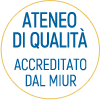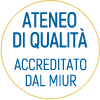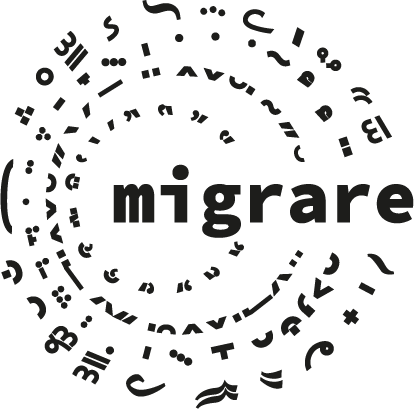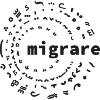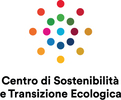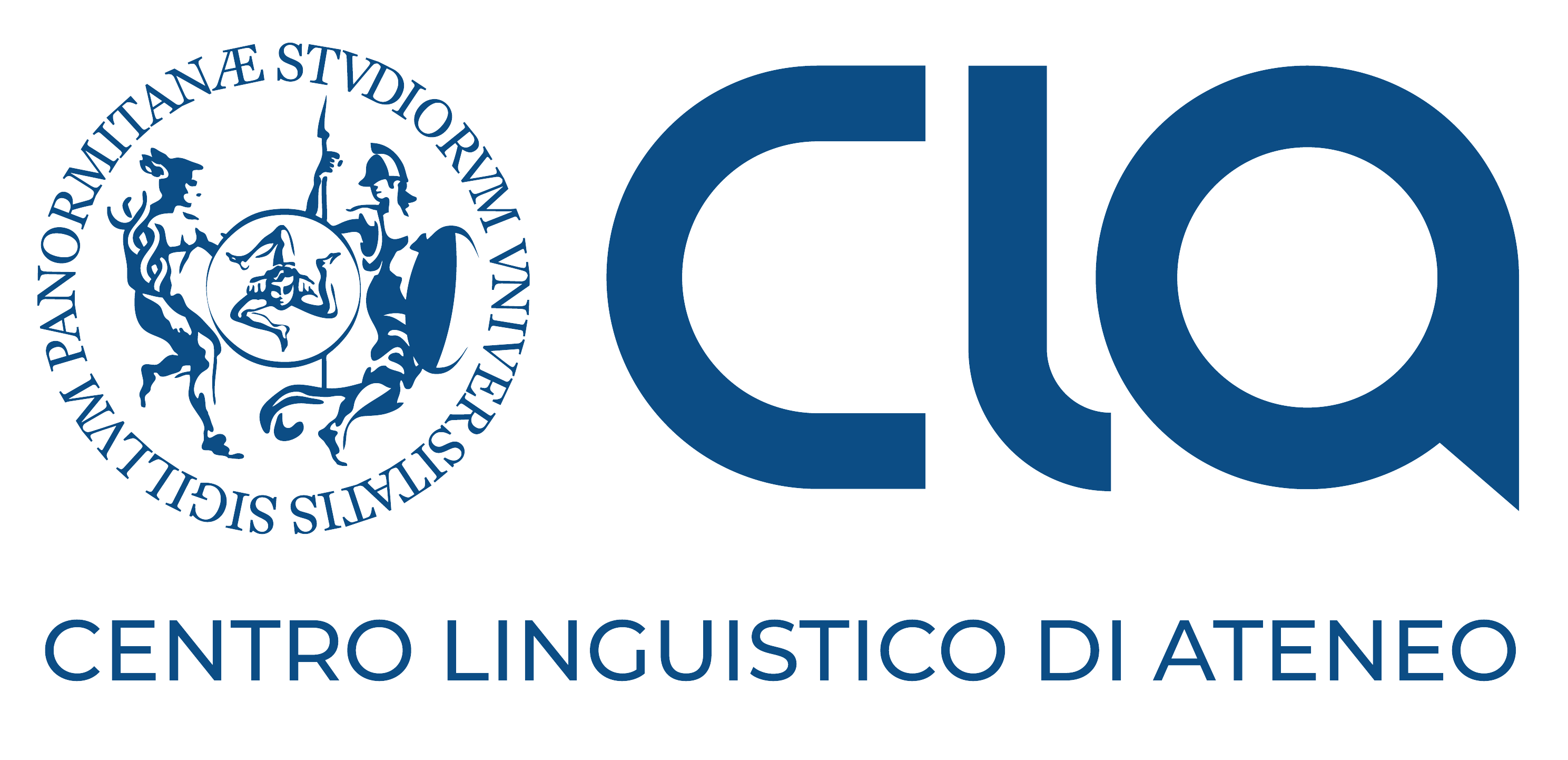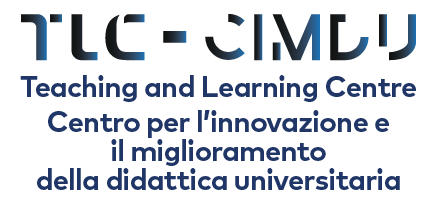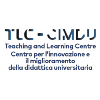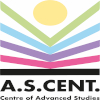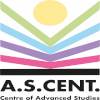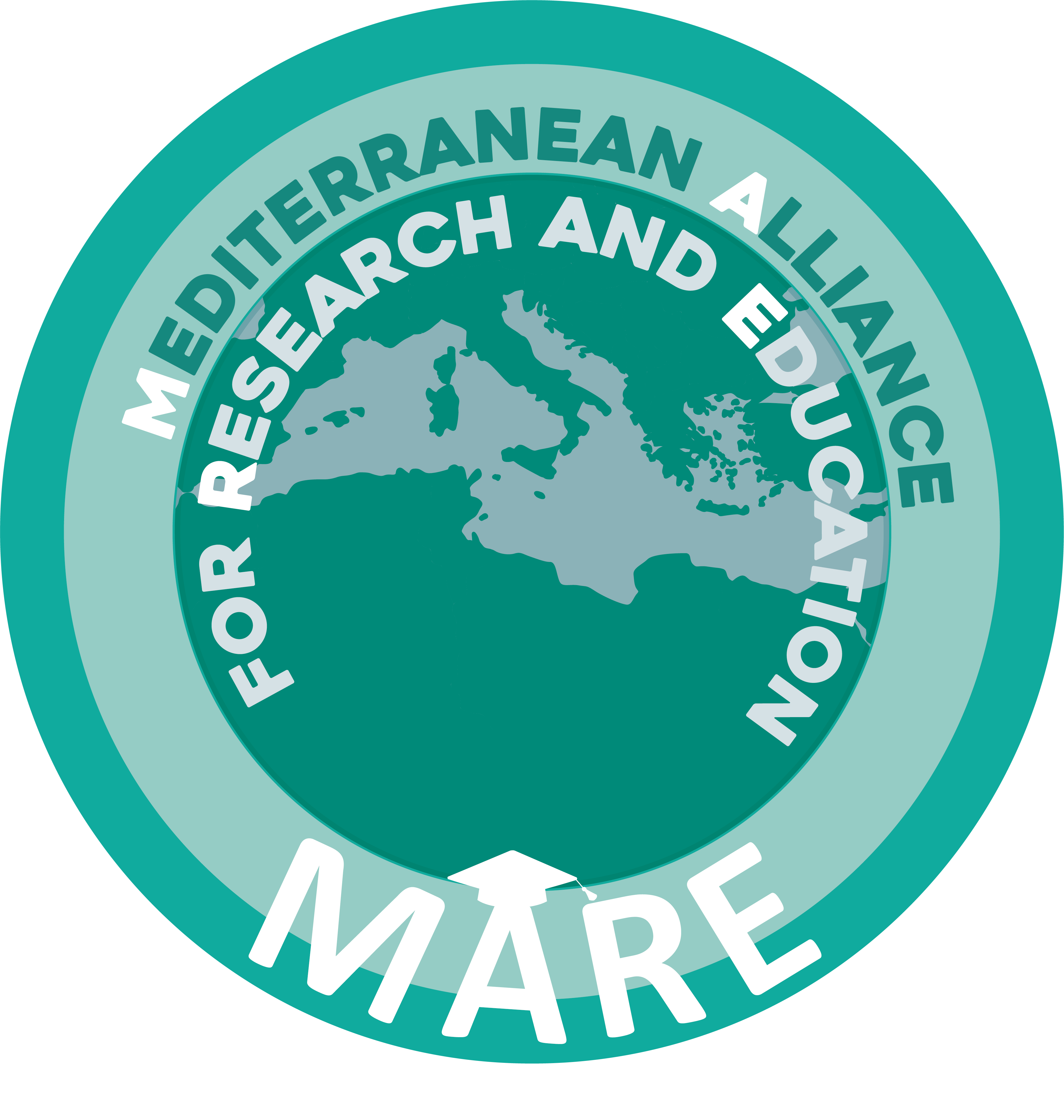Faculty of Architecture
LM-4 Architecture
LM-4 Architettura
Educational objectives - professional opportunities for graduates
The one-cycle degree course in Architecture aims at educating professionals with specific competences in the fields of architecture, in compliance with the EEC directive 85/348.
The central nucleus of the course is architectural design at different scales from the object to the building, town and territory scale; the design, carried out as a process, even through its own procedures, is a tool for knowledge and scientific experiential activity, having the physical reality as its object, aiming at modifying it in a useful and necessary way for man’s life and living and for the needs of social life.
More specifically, graduates of this course:
- Should be able to master design processes and to recognize the extension of its interferences;
- Should know in depth the history of architecture, the tools and forms of representation, the theoretical-scientific, methodological and operational traits of mathematics and other core sciences, and be able to use this knowledge for interpreting and describing thoroughly even complex architectural issues, including the ones requiring interdisciplinary competences;
- Should possess competences in the field of construction organisation and business culture, in accordance to professional ethics;
- Should be able to design at various scales, and through the typical architecture tools, including the project sciences;
- Should possess the needed competences to verify project feasibility, building operations, transformations and modifications of natural and artificial physical environment, with full command of the aesthetic, distributional, functional, structural, technical-constructional, infrastructural, managerial, economic and environmental aspects and with a critical attention towards cultural changes and needs expressed by the contemporary society.
Graduates of this course will prepare architectural projects, and supervise their implementation, coordinating, if needed, other specialists and professionals in the fields of architecture, construction engineering, town planning, architectural restoration and conservation. For this reason, the University will organise external activities, viz. professional practice periods and stages.
The educational programme is divided into two cycles: the first cycle, which lasts three years, provides for humanistic, scientific and technological education. Students, at the end of this cycle, should demonstrate they have acquired the basic elements of architecture logic, of its constitution, of the history of the essential components of the architectural and urban space, as well as the fundamental techniques of architectural representation and the propaedeutical disciplines for the technical control of the project; they should also be able to produce a first synthesis of the project in its aesthetic, technical and functional traits.
The second , two-year, cycle aims at completing students’ education, through specific professional advanced studies.
At the end of the 2nd cycle, students should be able:
- to draw operational project syntheses in the fields of architectural and urban design, town planning, construction, monument restoration;
- to produce specific in-depth thematic and disciplinary studies, aiming at the final dissertation.
A part of the educational programme aims at the acquisition of theories, methods and disciplines; another, theoretical-practical part aims at the acquisition of operational skills in the fields of instrumental and specific professional activities.
Theoretical-practical activities are carried out within studios, educational structures aiming at describing the physical and architectural reality and at the knowing, understanding and implementation of design. In particular, the course provides for the following: “architectural design studio”, “architectural building studio”, “urban planning studio”, “monument restoration studio”, and other laboratories. Each laboratory may be divided into different modules and entail various disciplines, belonging to the same or to different areas.
Parts of the educational programme might take place within qualified premises such as scientific research institutes, or research& development branches of public or private companies and institutions in the field of Architecture, Civil engineering and Urban planning, according to specific agreements providing for the use of experts belonging to these institutions for special educational activities (intensive courses, seminars, stages).
Graduates in Architecture may carry out their activity as private practitioners, as well as in high responsibility positions within public and private institutions and bodies (institutional bodies, public and private companies, professional offices and design companies), in the fields of architectural design, construction, conservation and transformation.
After the relevant national examinations, graduates in Architecture may enrol in the National Architects’ registrar.
EDUCATIONAL PROGRAMME |
|
1st Year |
credits |
| Architectural design I - studio | 10 |
| History of contemporary architecture and history of modern and contemporary art – integrated course | 12 |
| Fundamentals and applications of descriptive geometry | 8 |
| Mathematics I | 6 |
| Architecture technology | 8 |
| Design and survey in architecture - studio | 12 |
| English language | 4 |
2nd Year |
credits |
| Technical and environmental physics | 12 |
| Mathematics II | 6 |
| Town planning I | 6 |
| Architectural design II – studio – integrated course | 14 |
| Architectural building - studio | 10 |
| Statics | 8 |
| History of architecture | 8 |
3rd Year |
credits |
| History of town planning | 8 |
| Town planning II | 6 |
| Infrastructures for mobility and transportation | 4 |
| Interior decoration and architecture - studio | 8 |
| Architectural design III – studio | 10 |
| Industrial design - studio | 8 |
| Construction theory | 8 |
| Elective activities | 10 |
4th Year |
credits |
|
Other educational activities |
2 |
| Architectural design studio IV | 10 |
| Environmental design | 6 |
| Stage | 6 |
| Construction technique studio | 8 |
| Garden and landscape art - studio | 8 |
| Town planning studio | 16 |
5th Year |
credits |
|
Architectural design studio V |
8 |
| Monument restoration and restoration theory - studio | 16 |
| Environment evaluation and economics | 8 |
| Elective activities | 10 |
| Final examination | 16 |





